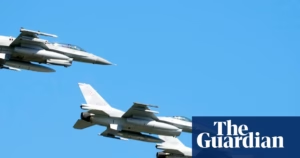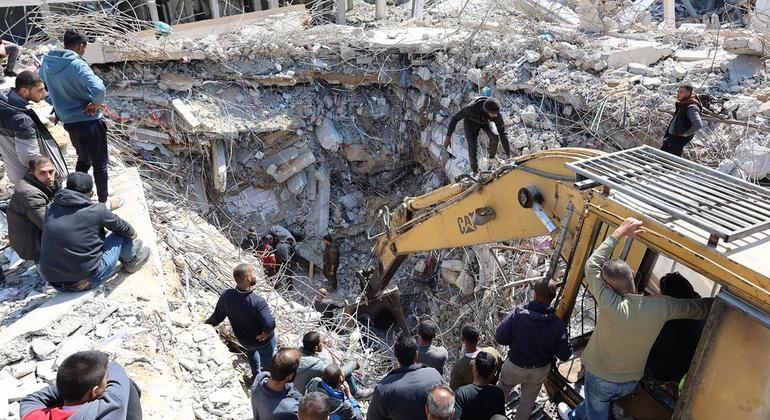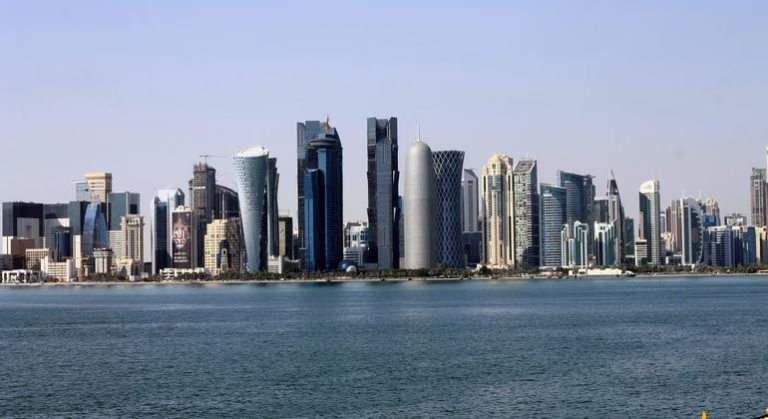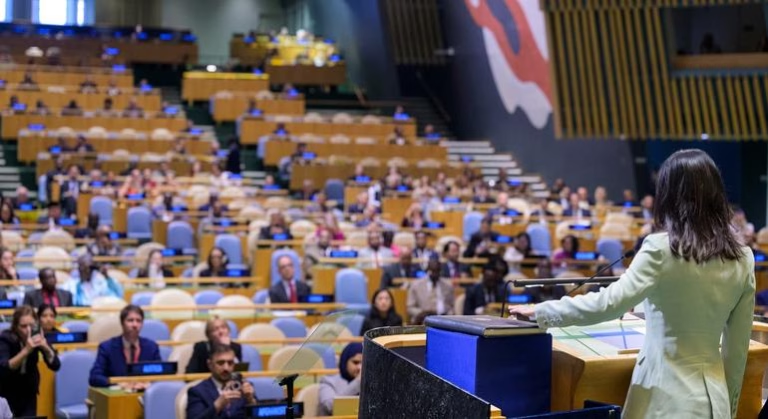The cessation of key heavy machinery post-Israeli airstrikes on Tuesday has impeded rescue efforts, exacerbating the difficulty in accessing the estimated 11,000 bodies buried under the rubble. According to local officials, the strikes have also halted solid waste and debris removal operations, as reported by UN Spokesperson Stéphane Dujarric to journalists in New York. This has particularly affected the efforts of individuals like Atif Nasr, who, before the conflict, worked in construction and repair and has been instrumental in recovering bodies from the wreckage. His equipment was destroyed in the airstrike, halting his crucial work.
The plight of families seeking to bury their loved ones, like the Dahdouh family, underscores the severity of the situation. The Dahdouhs searched nearly a year to recover their son Omar’s remains, but without heavy machinery, it was impossible. The Dajani family in southern Gaza’s Khan Younis also struggles, living amidst the ruins of their home where three of their children are buried. They call for help to recover and bury the dead, emphasizing that this is a sacred duty.
The conflict has severely damaged or destroyed approximately 92 percent of Gaza’s residential buildings, amounting to nearly 50 million tonnes of debris that would take decades to clear under current conditions. Humanitarian organizations warn that the stalled debris removal and body recovery efforts not only intensify psychological trauma but also pose significant risks to public health and the environment.
Source: https://news.un.org/feed/view/en/story/2025/04/1162491







